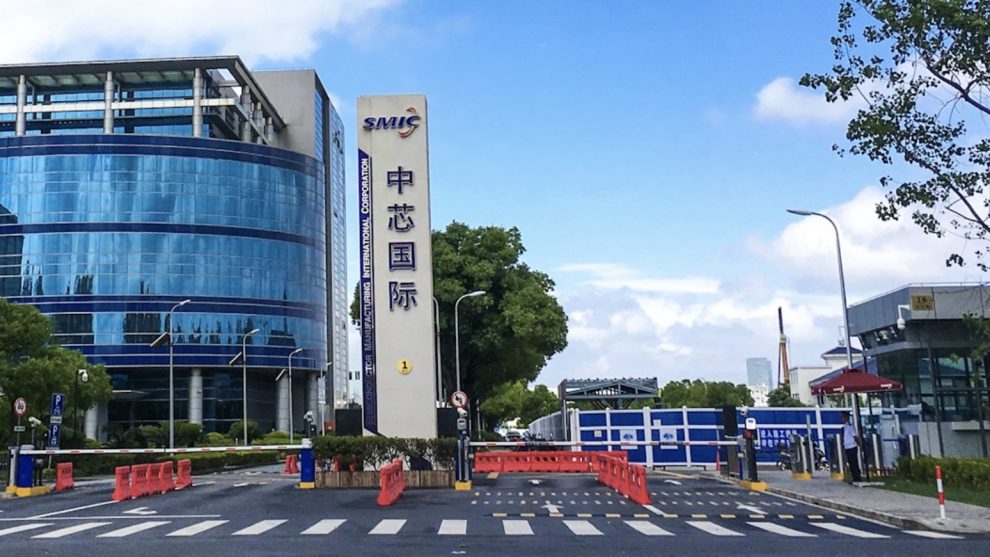Business boomed last year for Chinese chip maker Semiconductor Manufacturing International Corp (SMIC) on the back of a global chip shortage, with revenues and profits soaring despite pressure from US sanctions, it said.
Sales for calendar 2021 were up 39% on the year at a record $5.4 billion, propelled by worldwide demand, the company said in an annual financial report published on Thursday.
Refinitiv data showed it was the company’s strongest growth in annual revenue since 2010.
“The global shortage of chips and strong demand for local and indigenous manufacturing brought our company a rare opportunity,” Guo Guangli, the secretary of the board, said on an earnings call on Friday.
Profit from operations for the year reached $1.4 billion, a roughly four-fold increase from 2020.
SMIC, which makes physical computer chips to the designs of other companies, has a small share of the chip fabrication sector, which is dominated by Taiwan Semiconductor Manufacturing Co Ltd.
Advanced Fab
But it is the largest and most advanced fab in mainland China, thanks in part to backing from the government, which sees semiconductor manufacturing as key to efforts to foster an indigenous, advanced chip industry.
Sales ballooned in 2021 after a global chip shortage that began in late 2020, driving up prices and bringing a jump in orders.
That year, the company headquartered in the commercial hub of Shanghai said it would build three new fabs in Beijing, the capital, as well as in southern Shenzhen, and its home city, at a cost of several billion dollars each.
On the earnings call, Guo said SMIC expected to open the Shanghai fab in early 2022 and its Beijing and Shenzhen fabs by year’s end.
The company is pushing ahead with expansion despite US sanctions that have shaken plans to move into high-end chip manufacturing.
Late in 2020, Washington put SMIC on the Department of Commerce’s entity list over concerns it had ties to China’s military, requiring US-based suppliers to obtain licences to deal with the company. SMIC has denied having such ties.
Lithography Machines
Dutch lithography machine maker ASML Holding said it had yet to receive permission to ship to SMIC extreme ultraviolet (EUV) lithography machines needed to make the most advanced chips.
On Friday, company officials told investors that orders from SMIC’s suppliers still take a long time to fill because of the curbs.
The company has also been through changes in its executive leadership as the sanctions and shortage unfolded.
In November Chiang Shang-yi resigned from the position of vice chairman roughly a year after joining the company, along with three board members.
Two months earlier SMIC’s chairman, Zhou Zixue, had also resigned, citing health reasons.
- Reuters with additional editing by Jim Pollard
ALSO READ:
China’s SMIC To Pump $8.87 Billion Into New Shanghai Chip Plant
US to Consult Allies Over Ban on Sales to China’s SMIC
Prominent US Politicians Demand Tighter SMIC Export Restrictions
























